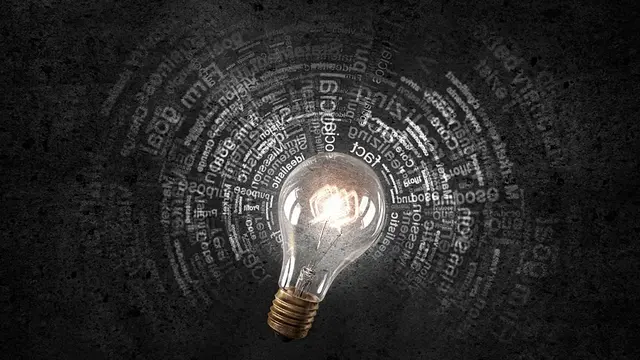The Trump administration has been using intellectual property losses to justify its trade battle with China. The White House accuses China of stealing IPR and forcing U.S. companies to transfer technologies to Chinese companies. So, is there any concrete evidence supporting those allegations?
The allegations were mainly based on a 2017 report from the U.S. Commission on the Theft of American Intellectual Property. The report estimated that IP theft costs American individuals and businesses between 225 to 600 billion U.S. dollars annuallyand the most of the loss was caused by the theft of American trade secrets, followed by software piracy and counterfeiting.
However, a professor at Tsinghua University lawschoolsaid there is no official algorithm or detailed calculation.
In fact, the U.S. trade deficit with China has nothing to do with intellectual property. But the U.S. uses IPR protection as an excuse to escalate trade frictions anyway,said Yang Guohua, professor at Tsinghua University.
From a business perspective, technology and talent transfers between China and the U.S. are now based on contracts. U.S. companiesincluding tech giantMicrosoft, Qualcomm, General Electric and Intel have been doing business and setting up research and development institutes in China since the 1990s. They came voluntarily to profit from the vast Chinese market, and China let them in because it's shifting toward a market economy that respects the competition.
No one was ever forced. Wang Xiaosong, a researcher of Renmin University of China, said theinvestments, trade and jointventures from American companies are consensual because of China's massivemarketand strong buying power.
China has been improving the IPR protection system all these year. The country last year paid almost 36 billion U.S. dollars for overseas intellectual properties. That's 20 times the amount paid when China first joined the World Trade Organization in 2001. China also released a national IPR strategy in 2008 to spur innovation. The legislative body also set up a special intellectual property court earlier this year to deal with lawsuits.
(CGTN)
 简体中文
简体中文

